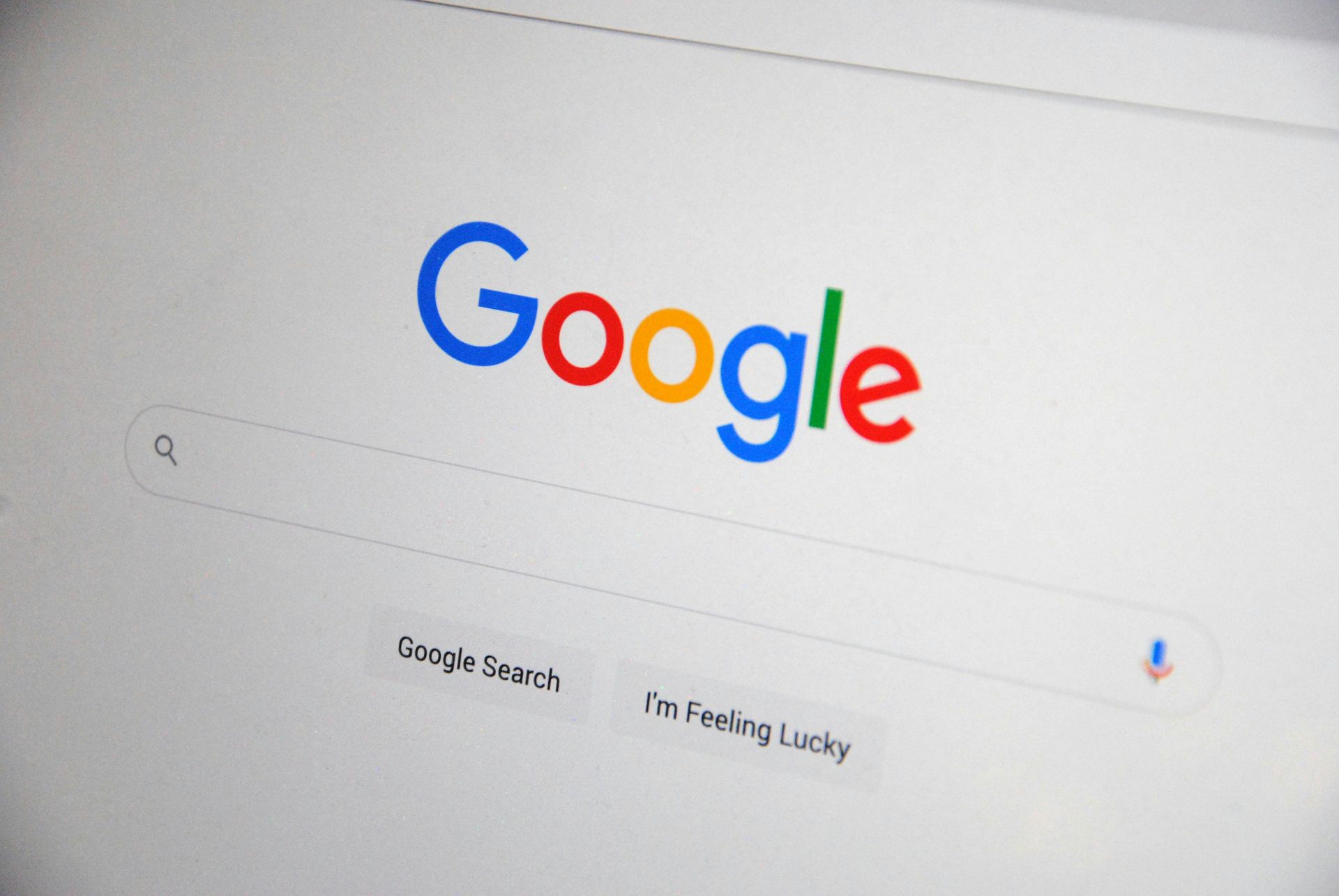Local Marketing SEO: How Small Businesses Can Rank #1 in Google
Local Marketing SEO: How Small Businesses Can Rank #1 in Google

For small businesses, local visibility is everything. When potential customers search for services near them—whether it’s a plumber in Chicago, a coffee shop in Austin, or a boutique in Miami—you want your business to appear at the top of Google’s search results.
That’s where Local SEO (Search Engine Optimization) comes in. It’s the key to helping small businesses rank higher, attract more customers, and beat competitors in local search results.
At Hatch Strategies, we specialize in helping small businesses optimize their local SEO and marketing strategies to increase online visibility and drive more traffic. In this guide, we’ll break down how Local SEO works and what small businesses can do to rank #1 on Google.
Why Local SEO is Critical for Small Businesses
More than 46% of all Google searches are for local businesses, and 76% of people who search for a local business visit within 24 hours. If your business isn’t ranking in Google’s Local Pack (the top three map listings) or on the first page of search results, you’re missing out on potential sales and customers.
Benefits of Local SEO:
- Higher rankings in Google search results & Google Maps
- More organic traffic & customer inquiries
- Increased foot traffic for brick-and-mortar locations
- Better brand credibility & online reputation
- More local customers choosing your business over competitors
Local SEO levels the playing field, allowing small businesses to compete with larger brands in their area without needing a massive marketing budget.
How to Rank #1 in Google with Local SEO Marketing
1. Optimize Your Google Business Profile (GBP)
Your Google Business Profile (GBP) is the foundation of Local SEO and one of the most important tools for small business visibility.
How to Optimize Your GBP Listing:
- Claim & verify your listing at Google Business Profile.
- Ensure your business name, address, and phone number (NAP) are accurate and match across all online directories.
- Select the right business categories to describe your services.
- Write a detailed business description with relevant keywords.
- Upload high-quality photos of your storefront, products, or team.
- Encourage & respond to reviews—Google prioritizes businesses with strong review activity.
Example: A florist in New York City optimizes their GBP with the category “Wedding Florist” and adds location-based keywords like “wedding flowers in NYC” to their business description. As a result, they start appearing in Google’s Local Pack for wedding flower searches.
2. Use Local Keywords in Your Website & Content
Keyword optimization is a crucial part of Local SEO marketing. By using location-based keywords, small businesses can rank higher for searches in their area.
How to Find & Use Local Keywords:
- Use Google’s Keyword Planner to identify high-traffic local search terms (e.g., "best bakery in Atlanta").
- Optimize your homepage, service pages, and meta descriptions with location-based keywords.
- Create blog content around local search queries (e.g., “Best Coffee Shops in Miami for Remote Work”).
- Include location-based FAQs on your website to improve relevance.
Example: A roofing company in Phoenix targets keywords like “roof repair in Phoenix” and “emergency roofing services near me”, helping them rank higher than competitors in local search results.
3. Build Local Citations & Directory Listings
Local citations are mentions of your business’s name, address, and phone number (NAP) across different websites and directories. Google relies on these citations to verify your business’s credibility.
Where to List Your Business for Local SEO:
- Google Business Profile (GBP)
- Yelp, Angi, and Facebook Business Pages
- Industry-specific directories (e.g., Avvo for lawyers, TripAdvisor for restaurants)
- Local Chamber of Commerce & business associations
Example: A dentist’s office ensures they are listed on Google Maps, Yelp, Healthgrades, and Zocdoc—all with consistent contact information—helping them rank higher for “dentist near me” searches.
4. Get More Online Reviews (and Respond to Them!)
88% of consumers trust online reviews as much as personal recommendations. Google uses review signals as a major ranking factor for Local SEO.
How to Get More Reviews:
- Ask happy customers in person, via email, or SMS for a review.
- Provide a direct link to your Google Business Profile for easy access.
- Respond to all reviews professionally, including negative ones.
- Share positive testimonials on your website and social media.
Example: A chiropractor in Denver increases their Google rating from 4.2 to 4.8 stars by actively requesting reviews after appointments—leading to higher rankings and more booked consultations.
5. Build Local Backlinks to Boost Authority
Backlinks (links from other websites to yours) are one of the strongest ranking factors for SEO. The more quality, local backlinks you have, the more Google sees your business as an authority.
How to Earn Local Backlinks:
- Partner with local bloggers, news sites, and influencers for mentions.
- Sponsor local events, charities, or sports teams and get featured on their websites.
- Submit press releases to local media about business updates or promotions.
- Collaborate with other local businesses for cross-promotions and referrals.
Example: A fitness studio in Boston sponsors a local marathon and gets a backlink from the event’s website—boosting their SEO rankings for fitness-related searches.
How to Measure Local SEO Success
Once you implement Local SEO strategies, track performance using:
- Google Search Console – See which keywords drive traffic.
- Google Business Profile Insights – Track views, searches, and engagement.
- Google Analytics – Monitor website visitors and local conversions.
- Moz Local or BrightLocal – Check local rankings and citations.
SEO takes time and consistency, but small businesses that invest in Local SEO see long-term, sustainable growth.
Why Small Businesses Trust Hatch Strategies for Local SEO
At Hatch Strategies, we help small businesses rank higher in Google, attract more local customers, and grow their brand through expert SEO marketing strategies.
Our services include:
- Google Business Profile optimization
- Keyword research & on-page SEO
- Content marketing & blog creation
- Local citation building & backlink outreach
- Online review management & reputation marketing
We take the guesswork out of SEO, ensuring your business appears at the top of search results where customers are looking.
Conclusion: Get Your Small Business to #1 in Google
Small businesses that prioritize Local SEO marketing will outrank competitors, increase visibility, and drive more traffic.
By focusing on:
- Google Business Profile optimization
- Local keyword targeting & website SEO
- Customer reviews & online reputation management
- Building local backlinks & citations
…your business can dominate local search results and attract more customers than ever before.
Want to improve your Local SEO and outrank competitors? Contact Hatch Strategies today and let’s create a custom SEO strategy for your business success!












